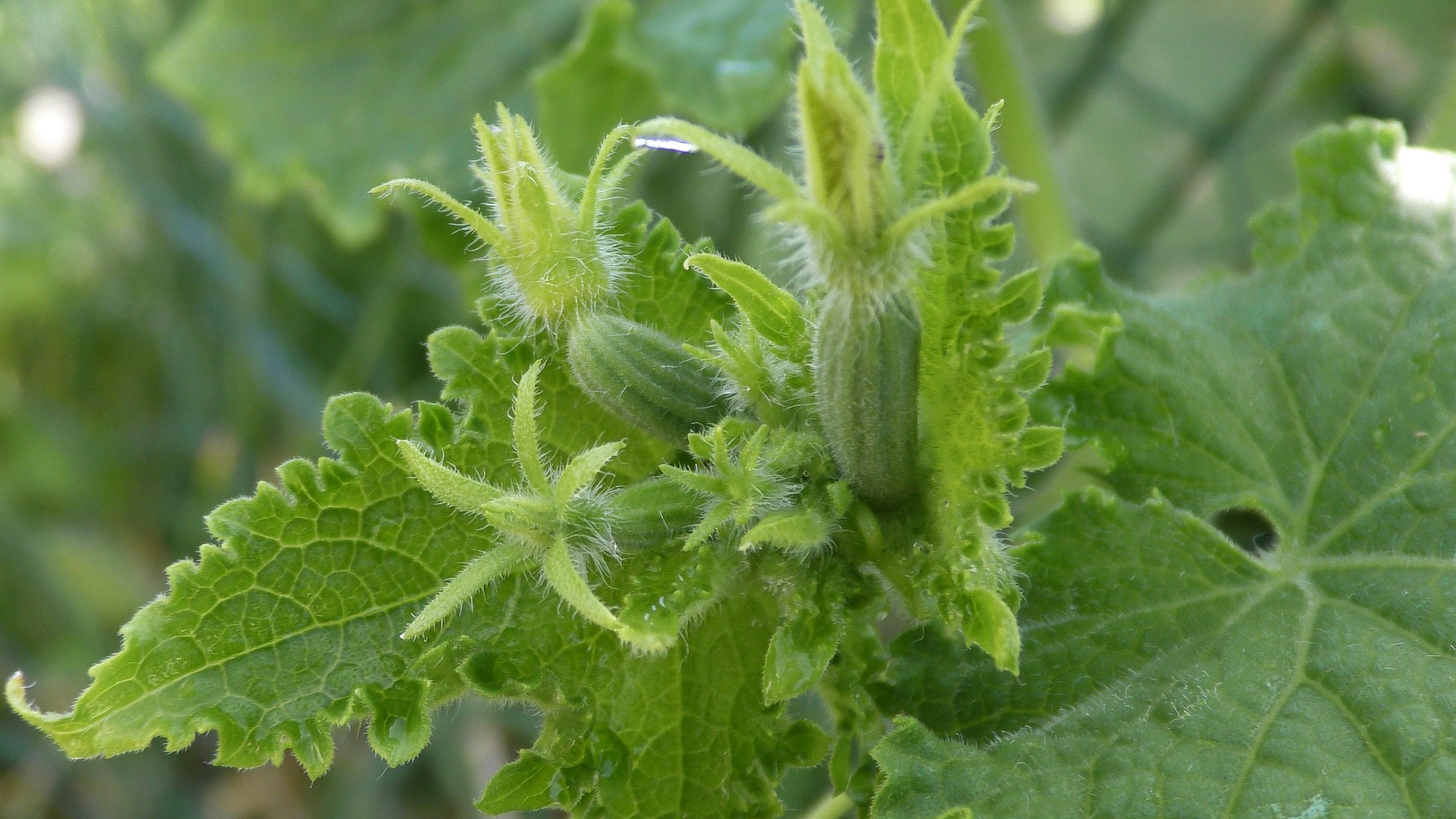
Organic vs. chemical fertilizers -- it can be a huge debate among indoor gardeners. The truth is that your plants don’t know the difference between where their nutrients are coming from. But organic fertilizers do have a unique set of benefits, including being less processed.
Why does that matter? Less processing means their manufacturing tends to lead to less environmental damage. Organic fertilizers are sustainable and overall environmentally friendly.
The downside to organic fertilizers is that it’s difficult to calculate precisely how much of each nutrient your plant is getting from these sources. So if you’re meticulous about nutrient ratios, you may have more difficulty getting the perfect mix from only organic sources.
But this article isn’t about the whole organic vs. chemical fertilizer debate. If you decide to go with minimally-processed fertilizers from natural sources, even just part of the time, which ones are the best? Let’s break down the top choices when it comes to growing vegetables indoors.
What is organic fertilizer?
First of all, with fertilizers, “organic” doesn’t mean what it does at the grocery store. The term simply refers to the product being composed of natural ingredients that are mostly still in their original forms.
Here are a few examples.
- Bat guano
- Bird guano
- Earthworm castings
- Seaweed emulsion
- Fish emulsion
- Blood meal
- Bone meal
- Compost
Which organic fertilizer to use?
The main thing you want to look for in a fertilizer is that it provides the right amounts of the three main plant nutrients -- nitrogen, phosphorus, and potassium. These are the nutrients that all plants need in order to grow and produce yields.
Guano is a good source of all three nutrients, and is readily available. Bat guano is popular, and bird guano is another commonly available option.
Like other organic fertilizers, the nutrient amounts can’t be guaranteed, but the good news is that there are different varieties of guano available, and each one has slightly different ratios. So you can find the one that best fits your plants needs.
(If you’re uncertain what amendments your soil needs, you can do a simple soil test.)
Guano adds a decent amount of both nitrogen and phosphorous, making it a great balanced fertilizer. If after soil testing, your plants need one of more or the other nutrient, though, you may want to consider a different organic fertilizer.
Blood meal is high in nitrogen, with almost no phosphorus or potassium. And bone meal has more phosphorus, with only a small amount of nitrogen.
What about hydroponic vegetables?
If you’re working with a hydroponics system, you’ll want an organic fertilizer that can easily be measured and added to water. Liquid fertilizer is available with a mixture of organic compounds to create a balanced hydroponics fertilizer.
You should be starting from a fairly neutral place with the water in your reservoir, so the nutrient level should reflect whatever you are adding. If you’re uncertain, flush your system and do an EC test.
The bottom line is that the best organic fertilizer is the one that matches the needs of your soil and your plants. Test your soil and fertilizer appropriately. If you have questions about organic fertilizers, come into Indoor Cultivator and ask our team.
